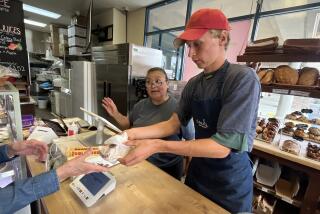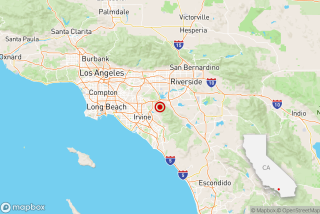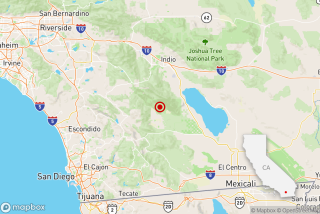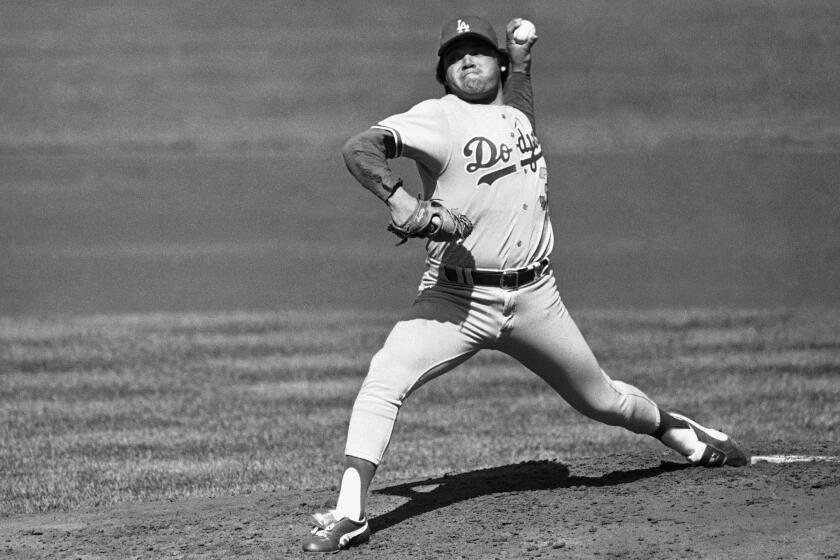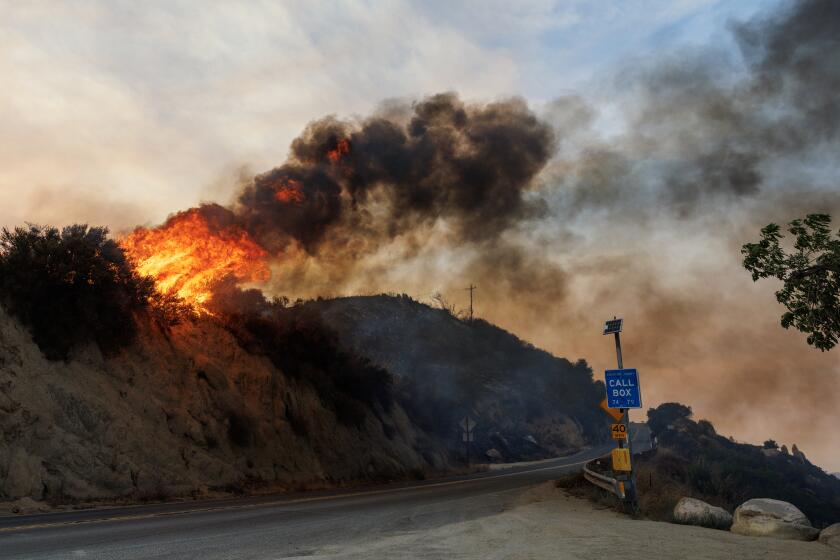Big earthquake in Northern California was in seismically active area
Sunday’s magnitude 6.9 earthquake occurred close to the Mendocino Triple Junction, located in the Pacific Ocean off the coast of Cape Mendocino, said U.S. Geological Survey seismologist David Oppenhiemer.
The site of many earthquakes, it is the northern terminus of the San Andreas fault and the southern end of the Cascadia Subduction Zone, capable of producing a magnitude 9.0 earthquake and tsunami that can hit Japan.
Sunday’s earthquake occurred west of the triple junction on the Gorda plate, which is being hit by the northern advance of the Pacific plate as it moves toward Alaska. The Gorda plate is pushing itself underneath the North American plate -- and the complex collisions underground can produce powerful quakes.
“You get a lot of earthquakes up there. Luckily, they’re far off shore,” Oppenheimer said.
One exception was the Petrolia earthquake two decades ago, Oppenheimer said. On April 25, 1992, a magnitude 7.2 earthquake hit on shore near the village of Petrolia -- about 30 miles southwest of Eureka -- injuring 95 people and triggering landslides and rockfalls, according to the U.S. Geological Survey.
That quake was so powerful that a 15-mile stretch of beach along what was called the “Lost Coast” was pushed up as much as 4 feet -- leaving behind rows of dead sea urchins, mussels and sea snails.
The 1992 earthquake knocked Victorian-era homes from their foundations and caused chimneys to crumble. An aftershock sparked an electrical fire that engulfed the lone shopping center in the town of Scotia, where firefighters stood by helplessly when a ruptured water main cut off water to the hydrants. Fires also destroyed the only general store and post office in the village of Petrolia.
There were also no immediate reports of damage or injury anywhere else in Humboldt County, and no tsunami warnings were immediately issued overnight.
A resident of Ferndale, Raquel Maytorena, 52, felt the earthquake in her nearly 100-year-old home about a mile from the coast.
“It just kept going and going, very slowly and softly. It was not violent,” she said. “It almost felt like you were in a boat that was rocking.”
More to Read
Sign up for Essential California
The most important California stories and recommendations in your inbox every morning.
You may occasionally receive promotional content from the Los Angeles Times.
